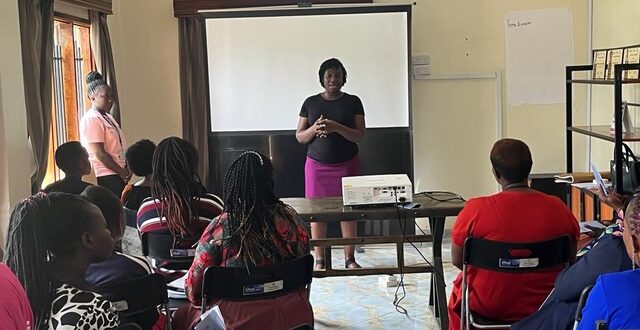Women Peers trained to provide ongoing PrEP support to vulnerable women at risk of HIV
The COVID-19 pandemic and associated mitigating measures caused significant challenges to health systems and access to healthcare services globally. Specific to HIV prevention, the pandemic created additional social and structural barriers and disrupted the continuity of HIV pre-exposure prophylaxis (PrEP), a highly effective biomedical HIV prevention method to reduce HIV transmission among high-risk groups, such as women engaged in sex work. This increased the already existing barriers associated with PrEP uptake among women, including lack of PrEP knowledge, social support and fear of HIV associated stigma.
To begin to address some of these challenges, Dr. Proscovia Nabunya, assistant professor and ICHAD’s Co-Director and Dr. Anita Kabarambi, ICHAD’s Field Research Director in Uganda, designed a two-year pilot study addressing the impact of COVID-19 and associated measures on PrEP use among economically vulnerable women in Uganda. Funded by the Brown School’s COVID-19 and Health Disparities Research Pilot Funds, with support from the Neidorff Family and Centene Corporation COVID & Health Disparity Response Fund, the study has two aims: 1) assess the impact of COVID-19 and associated measures on women’s PrEP use; and 2) test the feasibility and acceptability of a peer support intervention to address barriers associated with PrEP access and continuity. The study leverages ICHAD’s Kyaterekera Project (R01MH116768) that recruited 542 WESW (18+ years) from 19 HIV hotspots. This pilot study targets 200 women randomly selected from the larger study. Women will be randomly assigned to receive either the PrEP peer support intervention or usual care services.
The research team completed data collection addressing the first aim of the study. Focus group discussions were conducted with women participants and health care providers to gain a deeper understanding of the barriers and facilitators to PrEP use during COVID-19. To address the second study aim, 20 women currently using PrEP volunteered to be trained as PrEP peers, to provide ongoing support to other women in their communities to access and use PrEP. Specifically, the 2-day training led by Mr. Ssemanda John, a PrEP consultant in the region, was aimed at equipping PrEP peers with formal PrEP knowledge, and leadership skills to support study participants in the intervention arm. During the 6-months intervention period, trained PrEP peers will facilitate linkage to and continued PrEP care, share strategies to address misconceptions, and manage disclosure and stigma. The training was held at ICHAD’s Field offices in Masaka.
The trainees were very grateful and appreciated the knowledge shared. A Certificate of Completion was presented to each PrEP peer following the training. A peer from Bukakata site mentioned that “I will add this certificate to my CV and use it to apply for jobs”.
We look forward to rolling out this intervention late this summer.

